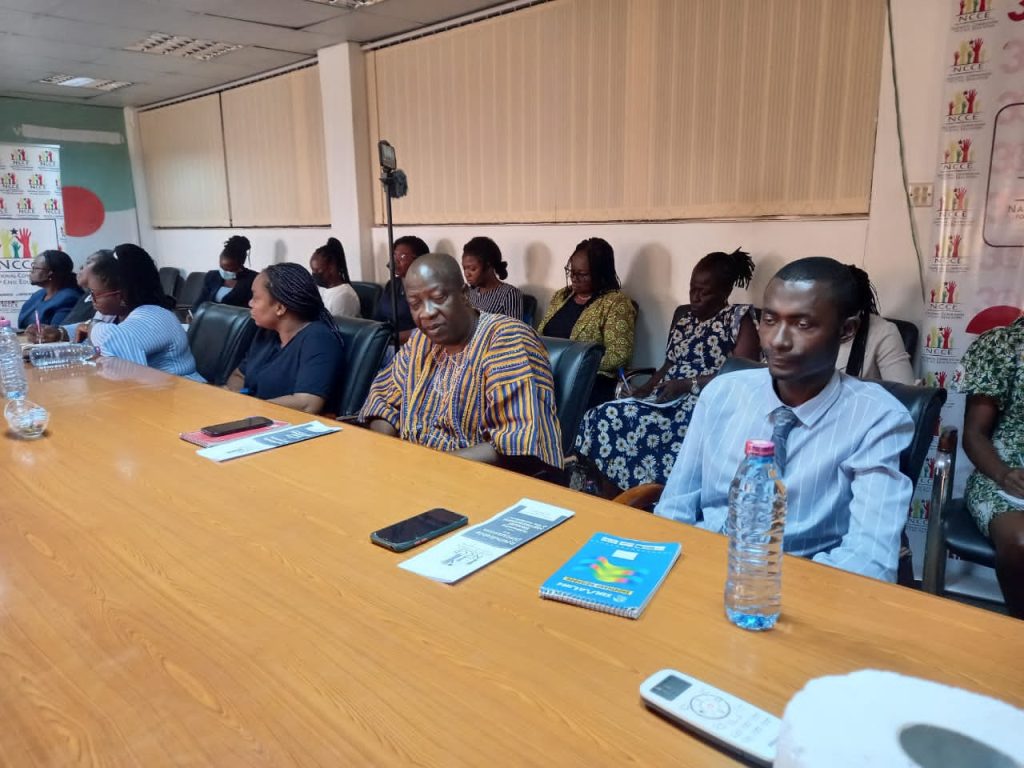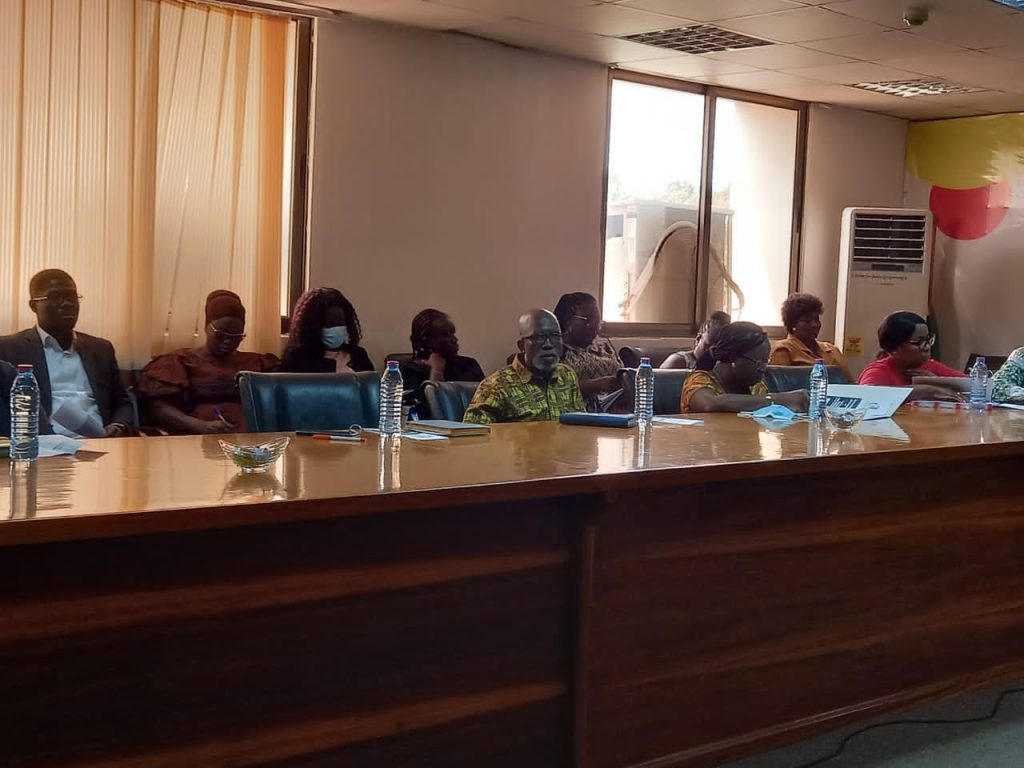By Gifty Amofa/ Emelia Nkrumah
Accra, Oct.11, GNA – Ms Kathleen Addy, Chairperson for the National Commission for Civic Education (NCCE), says sexual harassment at the workplace reduces quality work output.
Sexual harassment mostly targeted at women, she said, promoted absenteeism due to the hostile environment within which victims worked.
Not only that but it also violated the rights of the individual, posed a security threat, and created barriers to a decent working environment.
Ms Addy said this during a roundtable discussion dubbed: “Addressing sexual harassment at the workplace,” organised by the NCCE.
She said the act could also cost an organisation a huge sum of money because of litigation and payment of damages to victims.
Ms Addy said NCCE was committed to ensuring the rights of victims were protected by empowering them through continuous sensitisation, as enshrined in the constitution to help increase productivity.

The Chairperson explained that the discussion, a second of its kind, would remain a platform where workers (both men and women) would be empowered to exhibit their full potential at the workplace in productivity as well as promote gender equality.
She said NCCE would use roundtable discussions where experts would be invited to help find solutions to gender-related issues that affected staff of institutions among other important issues, especially sexual harassment, which had become difficult to talk about in the formal sector.
Mrs Sheila Minka-Premo, a lawyer, said there was a need to re-socialise society on the topic and asked parents to socialise their children well for a healthier relationship at the workplace.
She called for an improved economic situation in order that young ladies, specifically those in search of jobs would not fall prey to the menace.
She said employers should address sexual harassment when reported.

Mrs Ama Lawson, General Manager, Human Resource and Administration, Media General, said, a sexual harassment policy should be launched in the presence of all workers and openly endorsed by senior staff, adding that staff should be familiar with the disciplinary measures in the policy.
She said a clearly stated policy on sexual harassment was needed to also differentiate between what was harassment and what was not.
Mrs Lawson said if that was not done, a humble compliment could be misinterpreted and indecent dressing could not also be addressed, giving room for some workers to dress anyhow to work.
She suggested that every institution had a workplace policy on sexual harassment and that those who had it should communicate it to workers, and ensure the confidentiality of victims when they reported avoiding victimization.
Mrs Alberta Laryea Gyan, Head of the Gender Department, TUC, said sexual harassment should be a concern for all, adding that the workplace was the second home so there should be the promotion of a good working environment.
She called for a policy and code of conduct at the workplace to deal with perpetrators of sexual harassment.
Mrs Gyan said anyone found guilty of sexual harassment at the workplace should be punished to serve as a deterrent.
Mrs Gifty Joyce Oteng Bosomprah, Director of Finance and Administration, Ministry of Parliamentary Affairs, one of the discussants, advised that workers dressed appropriately for work and said human resource managers should begin to return workers home whenever they dressed indecently.
The event brought together stakeholders, including heads of institutions and NCCE regional staff on zoom.
GNA